Lingít áwé wa.é yaakoodzigéi. You are a human being. You are intelligent.
My biggest concern was the idea of getting actors in these remote locations to read the play as we traveled and wrote. Traveling in the rain forest of Southeast Alaska is no joke. It's something I grew up doing, but it's not speedy, it's almost always raining, and you really have to know where you're going and how you're going to get there.
In the two weeks dedicated to this adventure, we would travel to and around ten different Alaskan communities by plane, small boat, canoe, large ferries, and car, passing through three more communities. Some were no more than a few dozen residents, reachable only by boat. A few were some of the biggest cities in Alaska (which, admittedly, aren’t really that big.) We struggled enough to find actors in the cities—how on earth would we find them in the small communities?
Larissa had mentioned the idea of community readings as something she had done with her plays before. But until I actually organized and participated in them, I vastly, vastly underestimated how valuable they would be. A community reading in itself is simple—you just ask regular, non-theatre people from the community to do a reading. But that simple exercise changed the whole flow of my play.
I had my doubts that we were “breaking the rules” of whatever theatre checklist the universe had, but off we were.
For instance, I knew I wanted my Native Pride (and Prejudice) script to look and sound like what I was born to—Alaska Native people. Yet my Jane Austen fanaticism was a hindrance. What ended up on the page sounded like Alaska Native people…via eighteenth century England. One really can watch too many film adaptations.
From the very first scene of the very first reading, read in the community on Prince of Wales Island I was born in, I knew my script was off. Way, way off. The dialogue was a little too Colin Firth, and made the humor forced.
Another reading in a different community was entirely organized by someone who heard what we were doing and wanted to help (because this is exactly what Alaska is like). I was nervous, having no control or knowledge beforehand of who would come and what their skills might be.
So without knowing what to expect, I brought my play about a modern group of young girls who were from a small Alaskan community, danced in a Native dance group, and teased each other about dating and marriage…to a household in a small Alaskan community full of young women who danced in a Native dance group and constantly teased each other about dating and marriage.
I confess much of that time I literally just wrote down the banter between them word-for-word. Gold mine.
What I had forgotten in my professional life—and what ironically much of the play espouses—is that the most intelligent, meaningful answers to my problems have come from my foundation, from the people who made up that foundation. I had begun this play to celebrate the complexity and wit and humor of the Alaska Native world I loved. Why on earth hadn’t I considered going to the source in the first place?

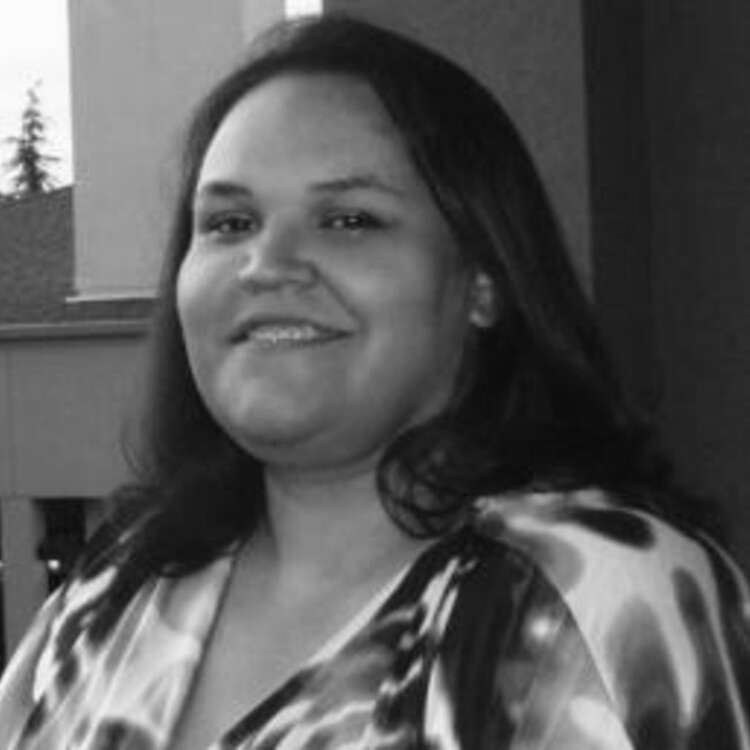
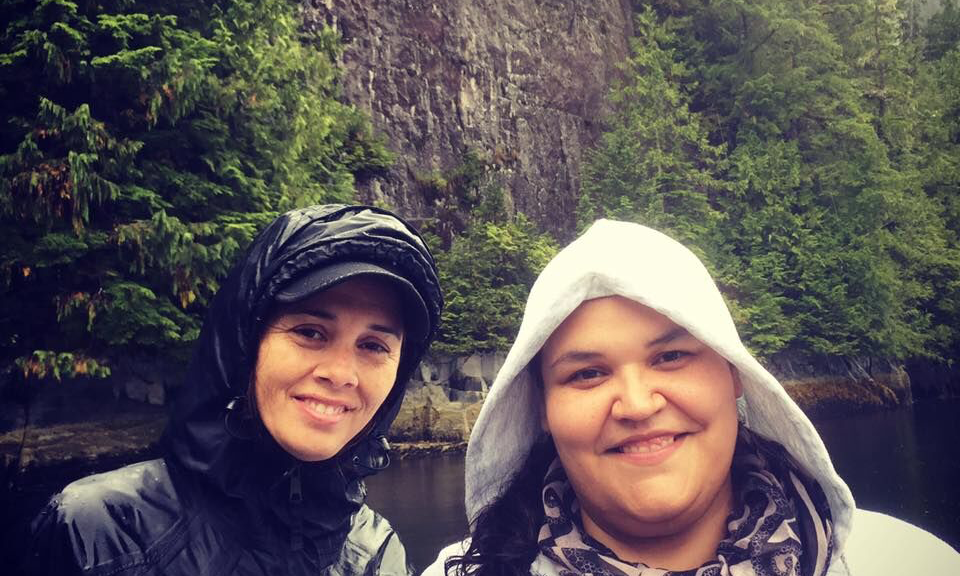
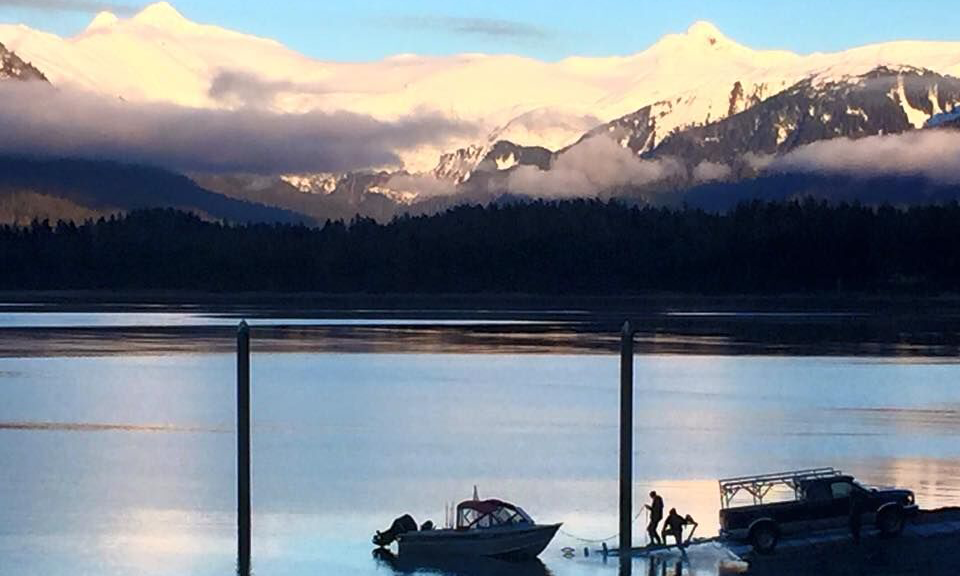
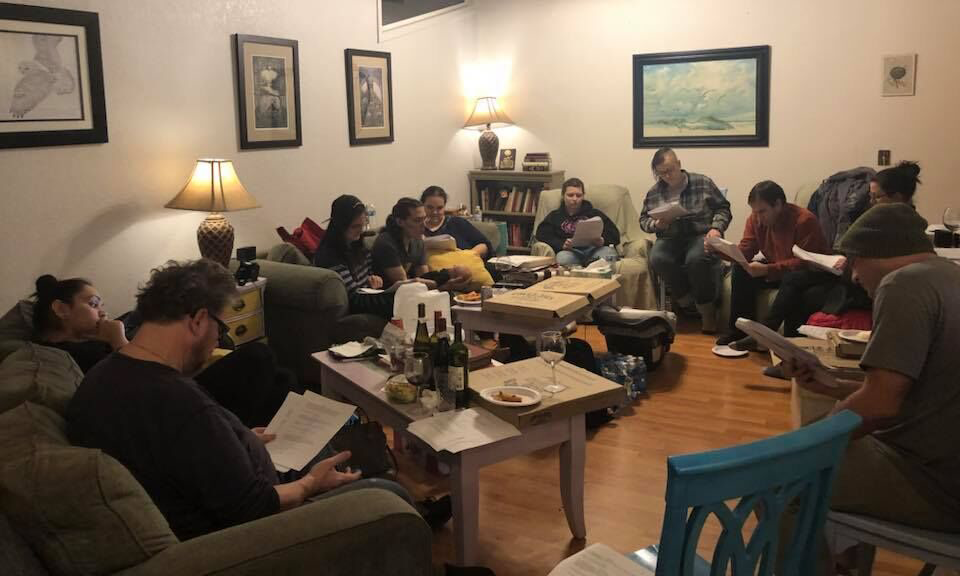
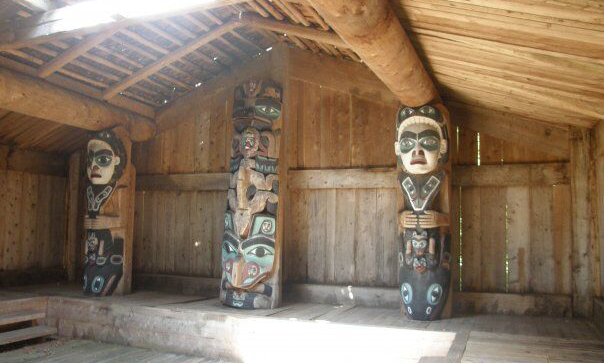
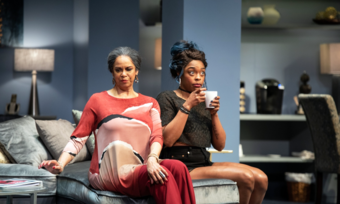


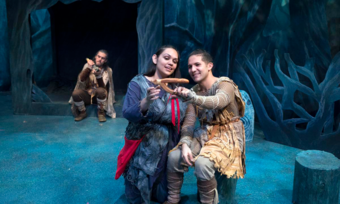
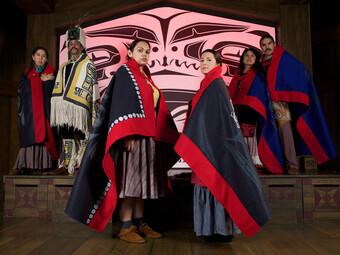
Comments
The article is just the start of the conversation—we want to know what you think about this subject, too! HowlRound is a space for knowledge-sharing, and we welcome spirited, thoughtful, and on-topic dialogue. Find our full comments policy here
Congratulations, it is very interesting, the theater is just life experience, cosmovision, sound, landscape and adventure. How much I want to know your work! Greetings from Guatemala
Gunalcheesh! Greetings from Alaska!
Vera! This is such a gorgeous telling of your experience -- and so important. You remind me of what I tell myself all the time as a writer: I am always writing, even when I'm not writing. I'm always "developing a new play" even when I'm not around a traditional table listening to my play. I am always standing on the shoulders of my own history, and my ancestors' histories. You've given us all a gift by reminding us that being an artist is being a human being -- curious, intuitive, capable of being surprised. Thank you!
Gunalcheesh James - it was such a great lesson to learn, in a gorgeous, meaningful place to learn it. I so often get caught up in the "what I SHOULD be doing" that I don't actually recognize what my heart is telling me to do.